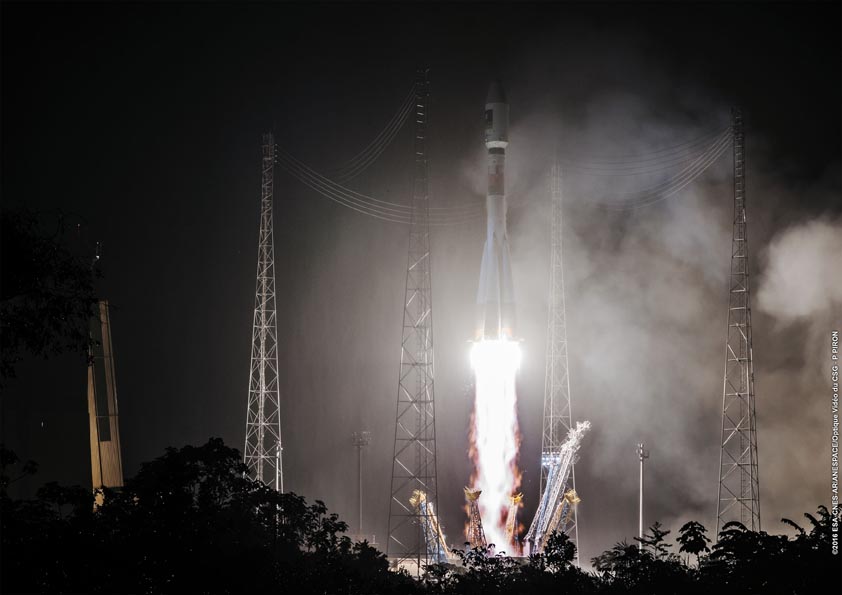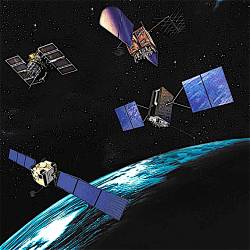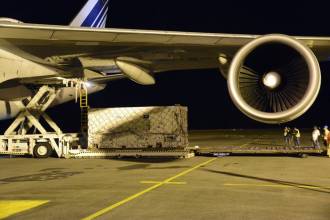Russia announced a successful launch of another GLONASS-M satellite on Sunday (May 29, 2016) despite an “irregularity” in the performance of the Fregat upper stage.
According to a report by the TASS state news agency, the Fregat operated longer than planned and used its engines to deliver the spacecraft safely into orbit. The Russian Defense Ministry’s press service reported earlier that a stable telemetry link had been established with the satellite and that onboard systems are functioning normally.
Russia announced a successful launch of another GLONASS-M satellite on Sunday (May 29, 2016) despite an “irregularity” in the performance of the Fregat upper stage.
According to a report by the TASS state news agency, the Fregat operated longer than planned and used its engines to deliver the spacecraft safely into orbit. The Russian Defense Ministry’s press service reported earlier that a stable telemetry link had been established with the satellite and that onboard systems are functioning normally.
The testing of the satellite, designated GLONASS-M #753 is expected to last for about a month before it goes into service in the second orbital plane, slot 11. The GLONASS constellation currently has 24 operational satellites transmitting signals.






